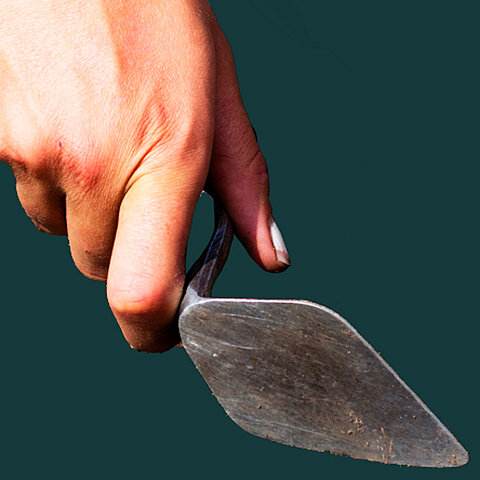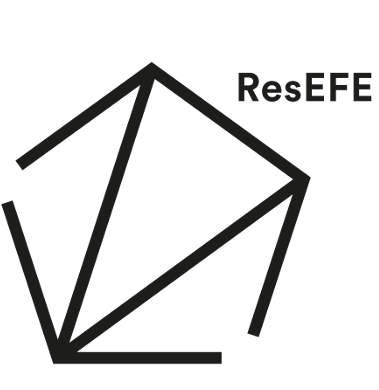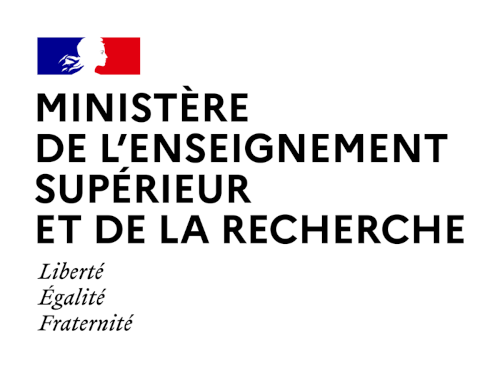
EXHUMA
Political violences and exhumation crises in Southern Europe
Presentation:
The EXHUMA research program focuses on the issues surrounding mass graves resulting from 20th-century war and armed violence in southern Europe. This research program focuses on the crises faced by exhumation practices and the decision not to resort to them. It shifts the debate to an angle that is understudied in the literature on the subject: the limits, obstacles and errors of operations to search for the missing and excavate clandestine burial sites. The aim of EXHUMA is to analyze situations where the search for the missing does not result in the reburial of human remains, thus opening up new social, political, ritual and technical challenges. This analysis, focused on Southern Europe, will be carried out on a comparative basis, bringing together specialists working in Bosnia, Bulgaria, Spain and Greece. This three-year research program (2024-2026) aims to contribute to an anthropology of mass death that questions the stability and malleability of the corpse, its absence and its alternative, fragmentary modes of presence, as well as the limits of recovery policies and the technical and forensic practices that surround it. Rooted in anthropology, this research program dialogues with political science and history. EXHUMA is attached to Axis 1 of Casa de Velázquez's scientific program (“Cities, communities, conflictualities”).
Partners institutions:
École des hautes études hispaniques et ibériques (Casa de Velázquez)
Maison des Sciences de l’Homme – Paris Nord
Sorbonne Nouvelle
Universidad Nacional de Educación a Distancia
Consejo Superior de Investigaciones Científicas
CNRS
Université de Neuchâtel
Université Toulouse Jean Jaurès
Projet coordinators:
Dorothée Delacroix (Sorbonne Nouvelle)
Zoé de Kerangat (UNED)
Team members:
Zahira Aragüete-Toribio (Université de Neuchâtel)
Elizabeth Claverie (CNRS)
Francisco Ferrándiz (CSIC)
Galia Valtchinova (Université Toulouse - Jean Jaurès)
Past activity
Vivre et agir avec la médecine légale
Perspectives croisées sur les concepts de forensic care et de citoyennetés médico-légales
V





















